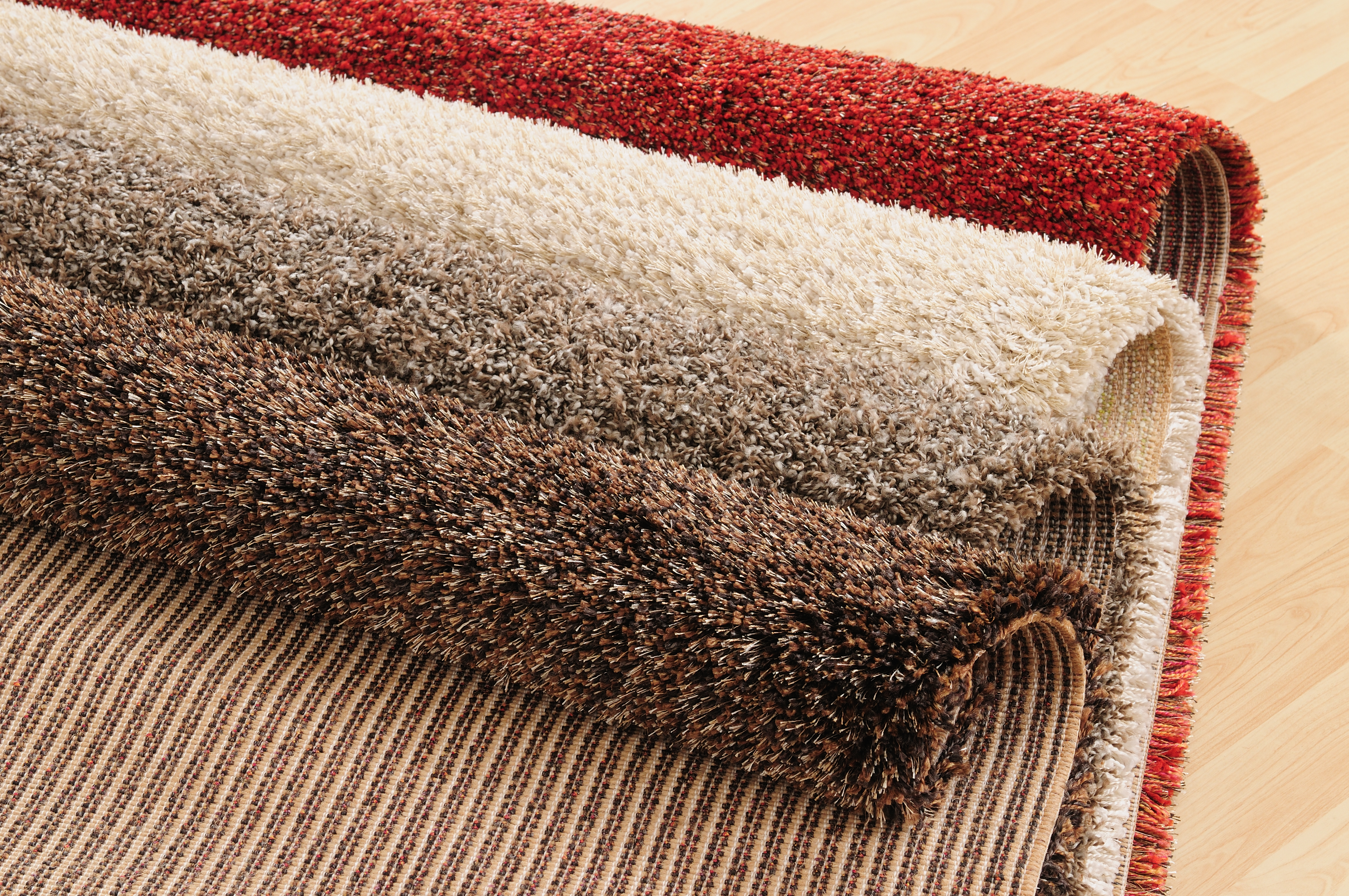Conquer Carpet Slippage: The Ultimate Guide to Non-Slip Rugs
Ever felt that unsettling shift beneath your feet as a rug on your carpet buckles or slides? It's a surprisingly common issue, and one that can lead to painful falls, especially for children and the elderly. But the good news is, there are simple and effective solutions to this problem: non-slip rug pads and anchoring techniques. This comprehensive guide will delve into the world of preventing rug slippage on carpets, covering everything from choosing the right rug pad to proper placement and maintenance.
Carpet slippage isn't just a nuisance; it's a safety hazard. Loose rugs can cause trips and falls, leading to injuries ranging from minor bruises to serious fractures. By securing your rugs, you're not only protecting yourself and your family, but also adding a layer of comfort and stability to your home. So, let's explore the various strategies you can employ to create a safer and more secure living environment.
The use of rugs on carpets has evolved over time. Initially, rugs were primarily used for insulation and warmth in colder climates. As flooring technology advanced, carpeting became more common, and rugs transitioned into decorative elements, adding color, texture, and style to a room. With this shift came the challenge of preventing rugs from slipping, leading to the development of various non-slip solutions.
While the primary function of rugs on carpets today is often aesthetic, the importance of securing them should not be overlooked. A securely placed rug enhances the overall look of a room, preventing unsightly bunching and wrinkles. Furthermore, it provides peace of mind, allowing you to move freely and confidently without the worry of slips and falls.
Several factors contribute to rug slippage. The type of carpet pile, the material of the rug backing, and the level of foot traffic are all key considerations. High-pile carpets tend to offer less grip, while rugs with smooth backings are more prone to movement. Areas with heavy foot traffic, such as hallways and living rooms, require more robust non-slip solutions.
One of the most common and effective solutions for preventing rug slippage is the use of rug pads. These pads are placed between the rug and the carpet, creating a layer of friction that helps to anchor the rug in place. Rug pads come in various materials, including rubber, felt, and PVC, each offering different levels of grip and cushioning.
Another effective method is to use rug grippers, which are adhesive strips that attach to the corners or edges of the rug. These grippers provide a strong hold, preventing the rug from shifting or curling. They are particularly useful for smaller rugs or those placed in high-traffic areas.
Advantages and Disadvantages of Using Non-Slip Rug Pads
| Advantages | Disadvantages |
|---|---|
| Increased safety and reduced risk of falls | Some rug pads can be expensive |
| Protection for carpets and rugs | May require occasional cleaning or replacement |
| Added comfort and cushioning | Certain types may not be suitable for all rug or carpet materials |
Best Practices:
1. Choose the right rug pad material for your carpet and rug type.
2. Measure your rug accurately to ensure the rug pad fits properly.
3. Clean the carpet thoroughly before placing the rug and rug pad.
4. Regularly check the rug pad for wear and tear and replace it when necessary.
5. Consider using rug grippers in addition to a rug pad for added security in high-traffic areas.
FAQs:
1. What is the best type of rug pad for a high-pile carpet? A dense, non-slip rubber rug pad is generally recommended for high-pile carpets.
2. Can I use a rug pad on a shag carpet? Yes, but choose a low-profile rug pad to avoid adding too much height.
3. How often should I clean my rug pad? It’s a good idea to clean your rug pad every few months or as needed.
4. Are rug grippers safe for hardwood floors? While some rug grippers are marketed as safe for hardwood floors, it's always best to test a small area first.
5. How do I prevent rug corners from curling? Rug grippers can be particularly helpful for preventing rug corners from curling.
6. Can I use double-sided tape to secure a rug? While double-sided tape may work temporarily, it can leave residue on your carpet and may not be as effective as a rug pad or grippers.
7. Are there eco-friendly rug pad options? Yes, some rug pads are made from recycled materials or natural fibers.
8. How do I choose the right size rug pad? The rug pad should be slightly smaller than the rug itself.
In conclusion, securing your rugs on carpeted surfaces is a crucial step towards creating a safer and more comfortable home. By understanding the various options available, from rug pads to grippers and anchoring techniques, you can effectively eliminate the risk of slips and falls while enhancing the overall aesthetic of your living space. Taking the time to choose the right non-slip solution and implement it correctly can make a significant difference in ensuring the well-being of your family and guests. Don’t wait for a slip-up to happen; take proactive steps today to prevent accidents and enjoy the peace of mind that comes with a secure and stylish home. Investing in the right rug pad or anchoring method is a small price to pay for the increased safety and comfort it provides. By making informed choices and following the best practices outlined in this guide, you can transform your home into a haven of stability and style.
The ultimate guide to short layered haircuts for women over 65
Pilgrimage savings in parit raja a glimpse into tabung haji
Taming the chaos making discord text channel spaces work for you














